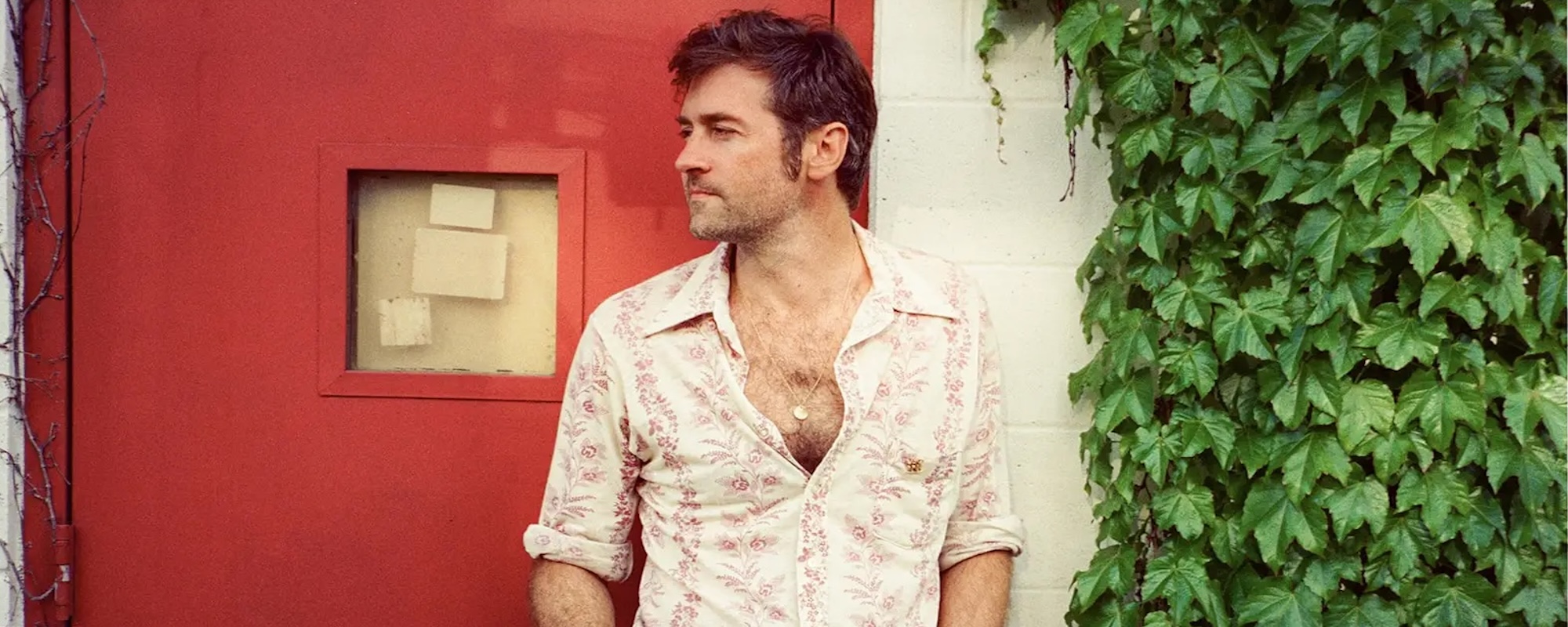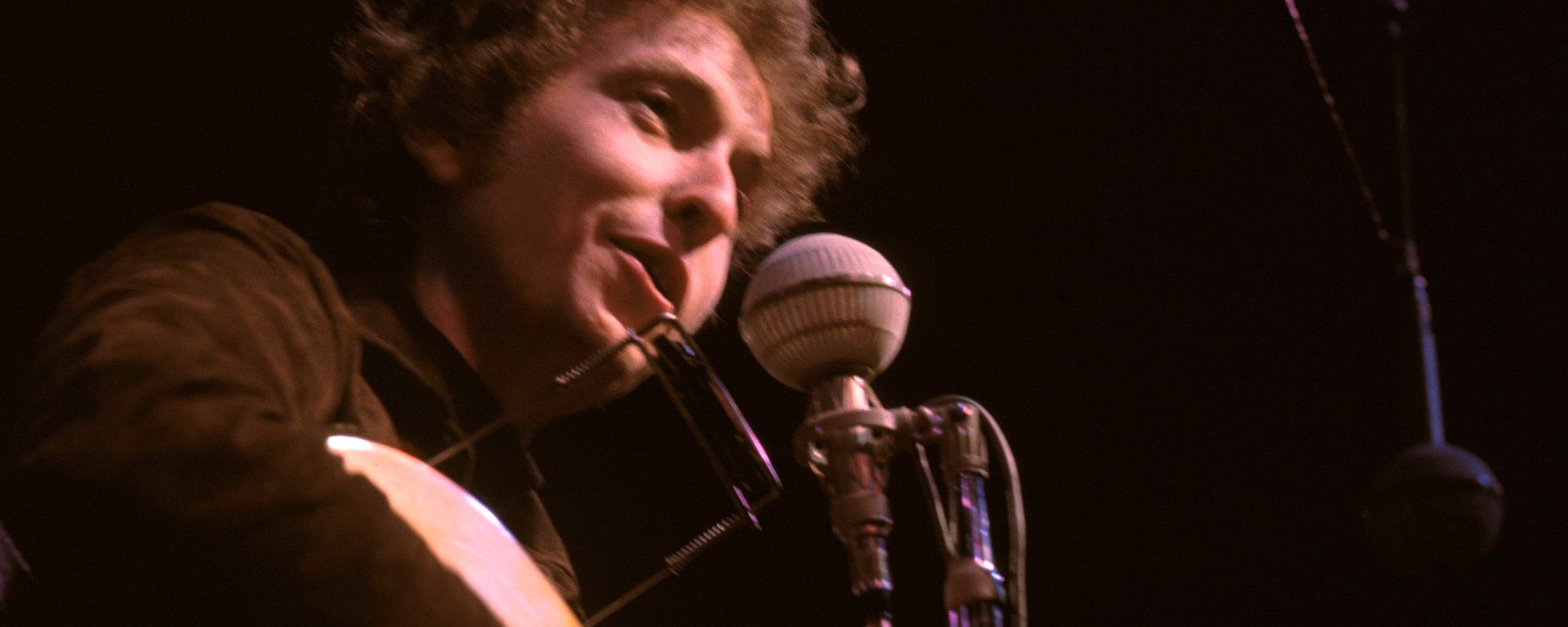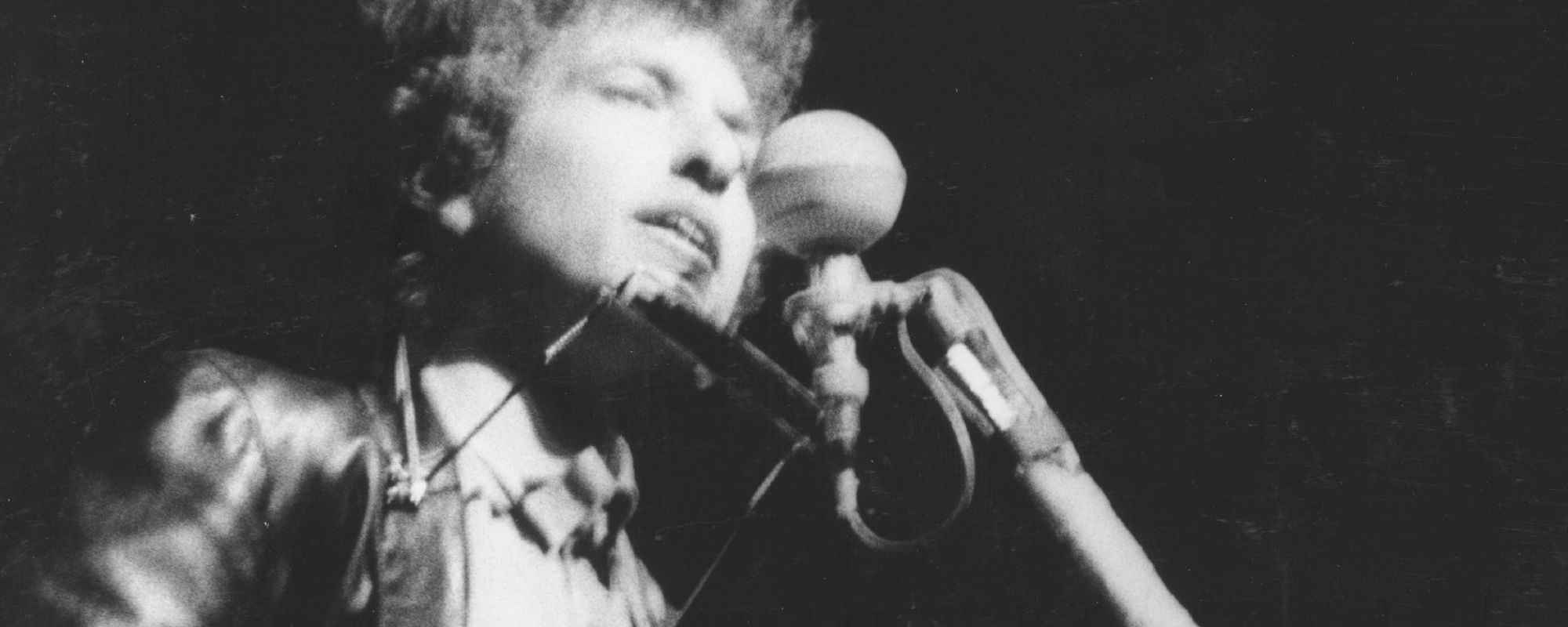Bob Dylan is known for his long, meandering, narratively rich songs spanning decades, eras, and several political movements. While many of his compositions are from fabricated perspectives or seen through a wider lens of the time, several of his songs were topical and based on true events. Here are five of those songs that Bob Dylan wrote based on real incidents.
Videos by American Songwriter
Bob Dylan’s True Songs
“Hurricane”
Released in 1975, Bob Dylan’s “Hurricane” takes its premise from the true story of the false imprisonment of boxer Rubin “Hurricane” Carter around 1966. Carter, along with his friend John Artis, were accused of murdering three people at the Lafayette Grill in New Jersey. The young men were arrested, found guilty and imprisoned the following year. False imprisonment has long been an issue, especially for people of color, and remains a problem today. Dylan wrote “Hurricane” after reading about the case in Carter’s 1974 autobiography and subsequently visiting Carter in Rahway State Prison.
According to author Clinton Heylin’s 2003 book Bob Dylan: Behind the Shades Revisited, the prolific folk singer didn’t initially think he could write a song about Carter. “He was just filled with all these feelings about Hurricane. He couldn’t make the first step,” wrote Heylin. Eventually, Dylan turned the case into a narrative, making it familiar and his feelings manageable. The result became one of his most popular songs.
“The Lonesome Death of Hattie Carroll”
This is one of Bob Dylan’s earliest topical songs, released in 1964. It presents a primarily factual account of Hattie Carroll’s assault and murder by William Devereux “Billy” Zantzinger. Carroll was a 51-year-old Black woman, while Zantzinger was a white 24-year-old from a wealthy tobacco farming family. According to reports of the incident, Zantzinger was drunk at the Spinsters’ Ball in Baltimore, and had previously assaulted two workers at the hotel where the event was held. His final victim would be Carroll, also a waitress at the hotel. He struck her with a toy cane as she was preparing his drink, causing a brain hemorrhage that killed her eight hours later. Zantzinger was charged with assault and spent only six months in jail.
Bob Dylan was 22 at the time that he learned of Hattie Carroll’s killing, reading the story in the newspaper while on his way back to New York after attending the March on Washington in 1963. He decided then and there to write a protest song about the case, using it to juxtapose Zantzinger’s wealth and power with his comically light sentence.
“Only a Pawn in Their Game”
Another early topical song, “Only a Pawn in Their Game” from 1964 relates the true story of the assassination of civil rights activist Medgar Evers. He was murdered in 1963 in Mississippi, and Bob Dylan used the song to heap blame on white politicians and other people in power. The titular line “only a pawn in their game” works to highlight the way racial violence was often incited by rich white people in power, who used poor whites to enact their false justice by preying on their hatred and anger, according to a retrospective from NPR. The song was a powerful statement at the time, as is common from Bob Dylan. However, “Only a Pawn in Their Game” was even more powerful due to its true and topical nature.
“Murder Most Foul”
Here we have a song about a true event that serves more as a retrospective from Bob Dylan than his usual in-the-moment topical songs. “Murder Most Foul” is about John F. Kennedy’s assassination, but was released on Dylan’s most recent album, Rough and Rowdy Ways from 2020. This nearly 17-minute song reflects on the Kennedy assassination through a wider lens of American politics both at the time of 1963 and 2020.
At the time of the assassination, Dylan never wrote a song about it. His reasoning was that he wasn’t more affected than anyone else. “We were all sensitive to it,” he said, according to his long-time biographer Anthony Scaduto. “The assassination took more of the shape of a happening … It didn’t knock the wind out of me. Of course, I felt as rotten as everyone else. But if I was more sensitive about it than anyone else, I would have written a song about it, wouldn’t I?”
“Roll On John”
Released in 2012, “Roll On John” is a tribute to Bob Dylan’s friend John Lennon. Dylan and Lennon met in 1964, remaining friends until Lennon’s murder in 1980. Overall, the song mostly focuses not on the murder and loss of John Lennon, but on Lennon’s rise to fame and his great talent. It traces his start “from the Liverpool docks to the red light Hamburg streets” as a member of the Beatles, paying tribute to Lennon’s contributions to the four-piece by quoting songs like “A Day in the Life” and “Come Together.” Additionally, Dylan quoted lines from “The Ballad of John and Yoko” and “Instant Karma!”
Notably, the line from “A Day in the Life” cuts through Bob Dylan’s usual ramblings like a punch to the chest: “I heard the news today, oh boy,” his sings, putting listeners firmly in Dylan’s perspective learning of the tragic loss of his friend.
Featured Image by Val Wilmer/Redferns













Leave a Reply
Only members can comment. Become a member. Already a member? Log in.